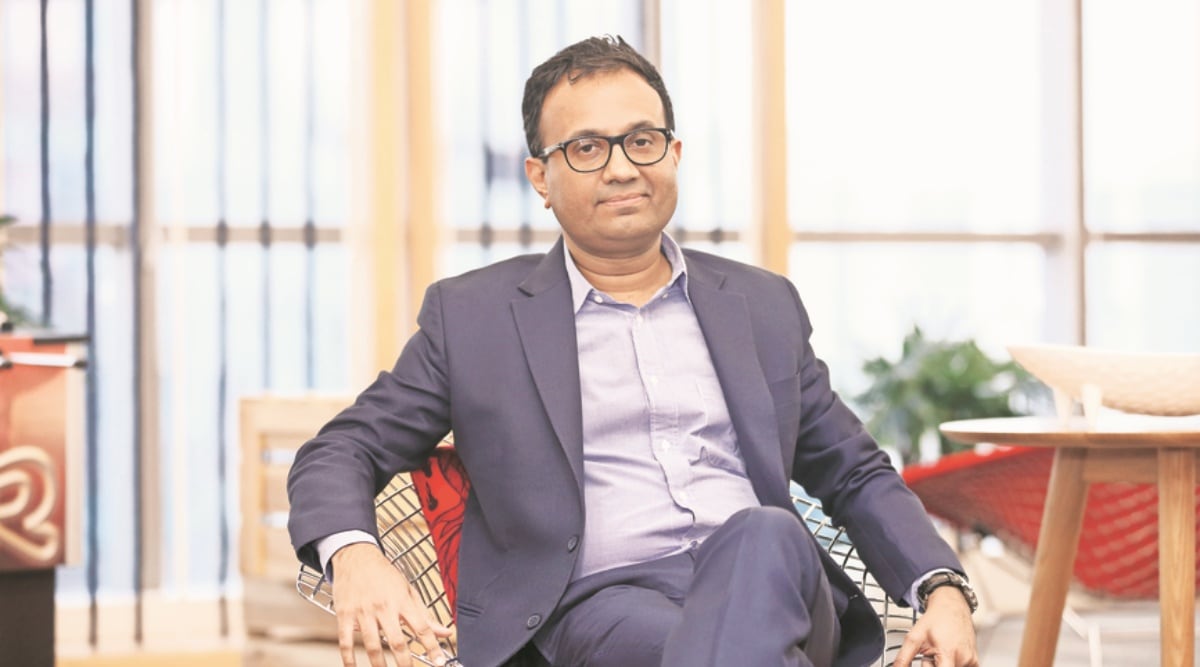Meta’s VP and Managing director, India Ajit Mohan spoke at length on the future of internet advertising in the metaverse. In an exclusive interview with a local media outlet, the exec highlighted the roles played by the platform especially during the pandemic by bringing attention to the “public health agenda” and reiterated that political ads comprise only a small proportion of its revenue.
To a query on the future of advertising in Web 3.0, Mohan said the firm in a short span of time, had carefully articulated the idea of a virtual immersive world and the change of identity to Meta. Without mincing any words, the top exec stated that they haven’t cracked the metaverse yet and have still miles to go.
“We have no illusion that we are building the metaverse. We know that we are going to contribute to what will become metaverse and that different companies will create different spaces. It should be interoperable,” he added.

With regards to the importance of formulating policies for cryptocurrencies and non-fungible tokens, Mohan said “a lot of these laws and policies had to be developed post-facto” and they were proactively working with stakeholders, including regulators around the world to ensure innovation while absorbing the learnings of the last two decade.
Meta will shape the Web 3.0 – Exec
When asked if the firm would lead the Web 3.0 landscape, the VP observed that when the firm first arrived, the ecosystem was at its early stage and that now “it really is an open canvas”. Expressing confidence, Mohan believes that the firm is in a better position to create value and have the right opportunity to shape the next generation of the internet.
A few days ago, the firm’s CTO Andrew “Boz” Bosworth tweeted that Meta is working on a web version of its social virtual reality Horizon Worlds platform. The post was part of a thread defending the platform’s 47% cut of sales in Horizon Worlds.
Bosworth revealed that when the web version of Horizon Worlds launches, the fee for sales would be 25% to avoid the Meta Quest Store’s 30% cut. He argued that this percentage is “a much lower rate compared to other similar world-building platforms.”
